To provide the best experiences, we use technologies like cookies to store and/or access device information. Consenting to these technologies will allow us to process data such as browsing behaviour or unique IDs on this site. Not consenting or withdrawing consent, may adversely affect certain features and functions.
The technical storage or access is strictly necessary for the legitimate purpose of enabling the use of a specific service explicitly requested by the subscriber or user, or for the sole purpose of carrying out the transmission of a communication over an electronic communications network.
The technical storage or access is necessary for the legitimate purpose of storing preferences that are not requested by the subscriber or user.
The technical storage or access that is used exclusively for statistical purposes.
The technical storage or access that is used exclusively for anonymous statistical purposes. Without a subpoena, voluntary compliance on the part of your Internet Service Provider, or additional records from a third party, information stored or retrieved for this purpose alone cannot usually be used to identify you.
The technical storage or access is required to create user profiles to send advertising, or to track the user on a website or across several websites for similar marketing purposes.
 Ahead of daylight savings this weekend, The Workforce Institute at Kronos Incorporated has released part two of a global survey examining how employees across eight nations view their relationship with work and life, asking the simple question, “What would you do with more time?” These results from The Workforce Institute at Kronos and Future Workplace came from a survey of nearly 3,000 workers across the UK, Australia, Canada, France, Germany, India, Mexico and the US look at the rationale for a four day working week.
Ahead of daylight savings this weekend, The Workforce Institute at Kronos Incorporated has released part two of a global survey examining how employees across eight nations view their relationship with work and life, asking the simple question, “What would you do with more time?” These results from The Workforce Institute at Kronos and Future Workplace came from a survey of nearly 3,000 workers across the UK, Australia, Canada, France, Germany, India, Mexico and the US look at the rationale for a four day working week.






 Alongside the uncertainty surrounding Brexit there have been many predictions that London will be particularly hard-hit by the economic fallout. However, a new analysis by
Alongside the uncertainty surrounding Brexit there have been many predictions that London will be particularly hard-hit by the economic fallout. However, a new analysis by 





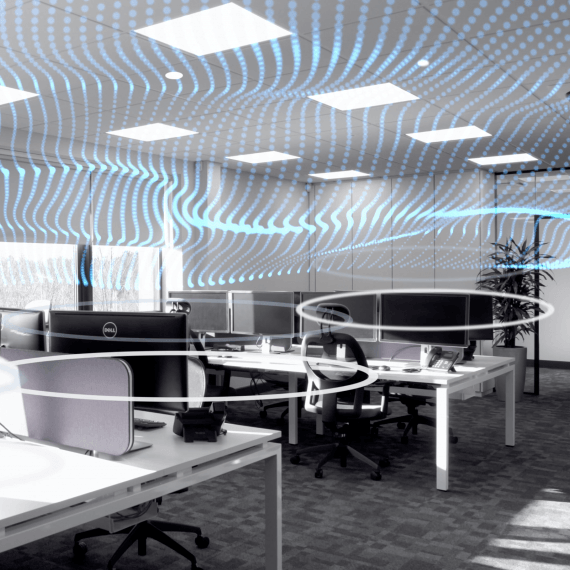
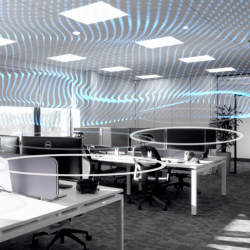
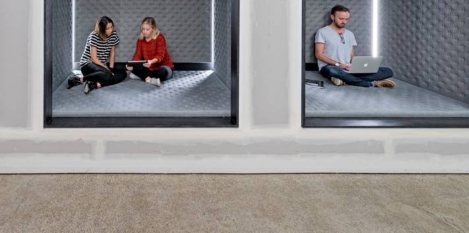
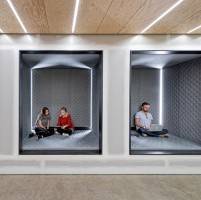




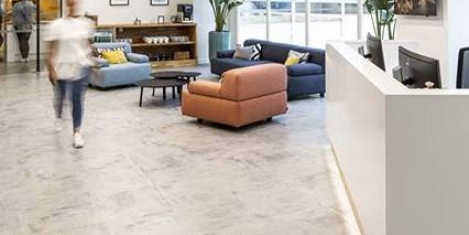
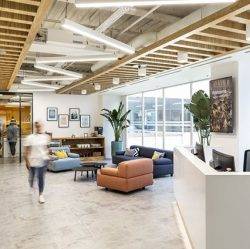

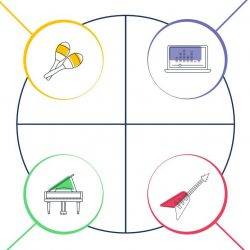








March 14, 2019
The negative entropy of workplace design and management
by Mark Eltringham • Comment, Workplace design
(more…)